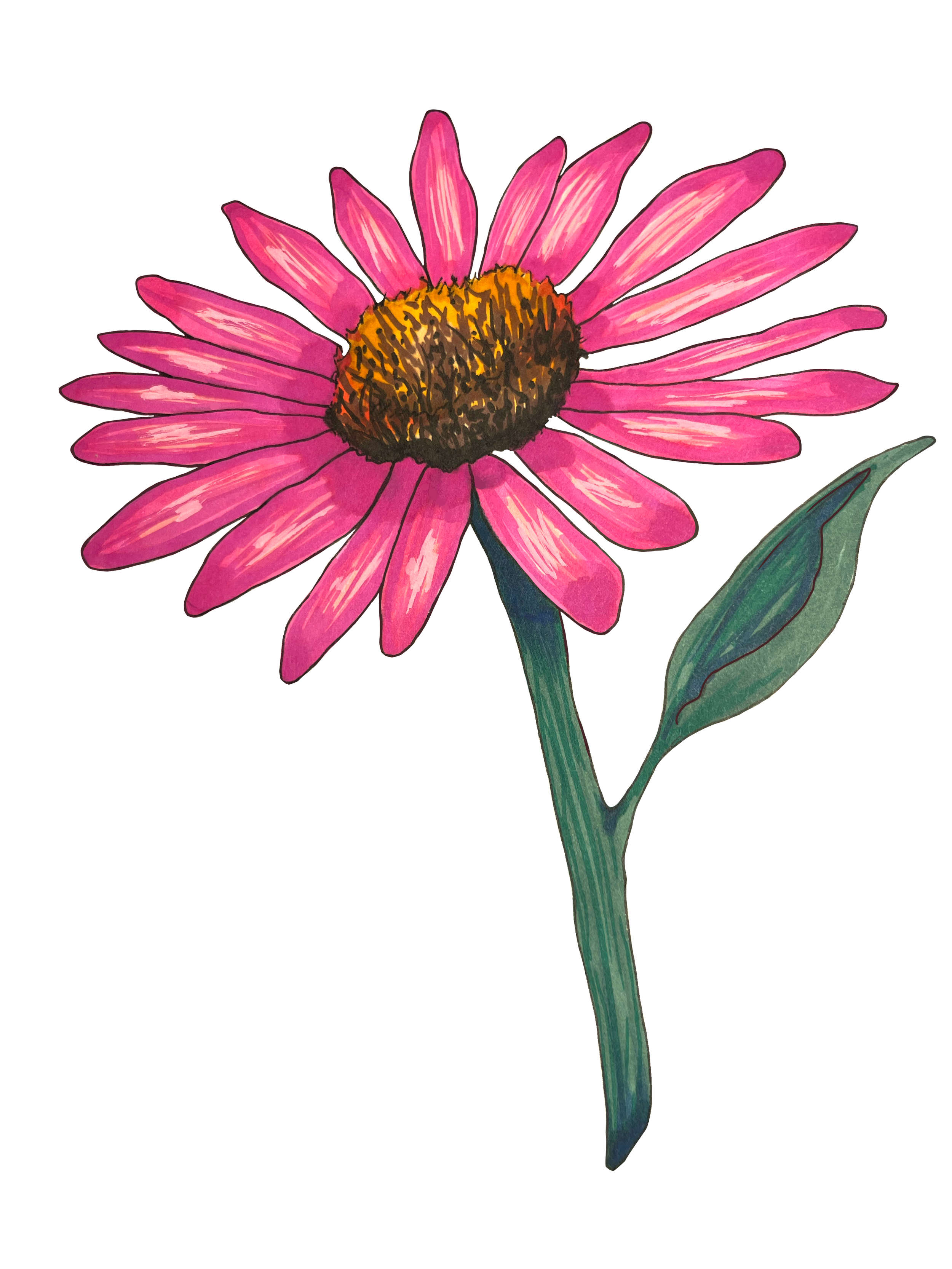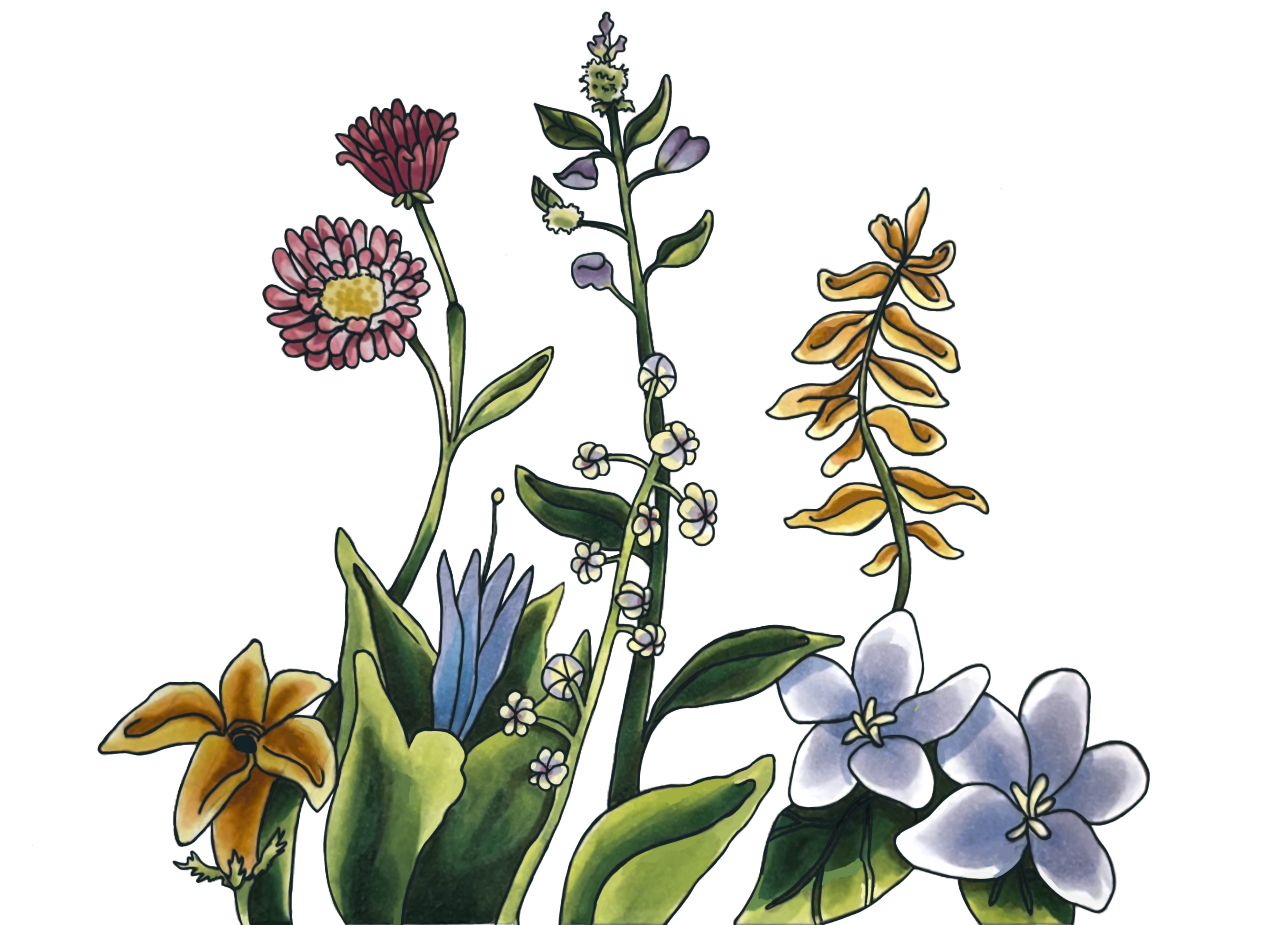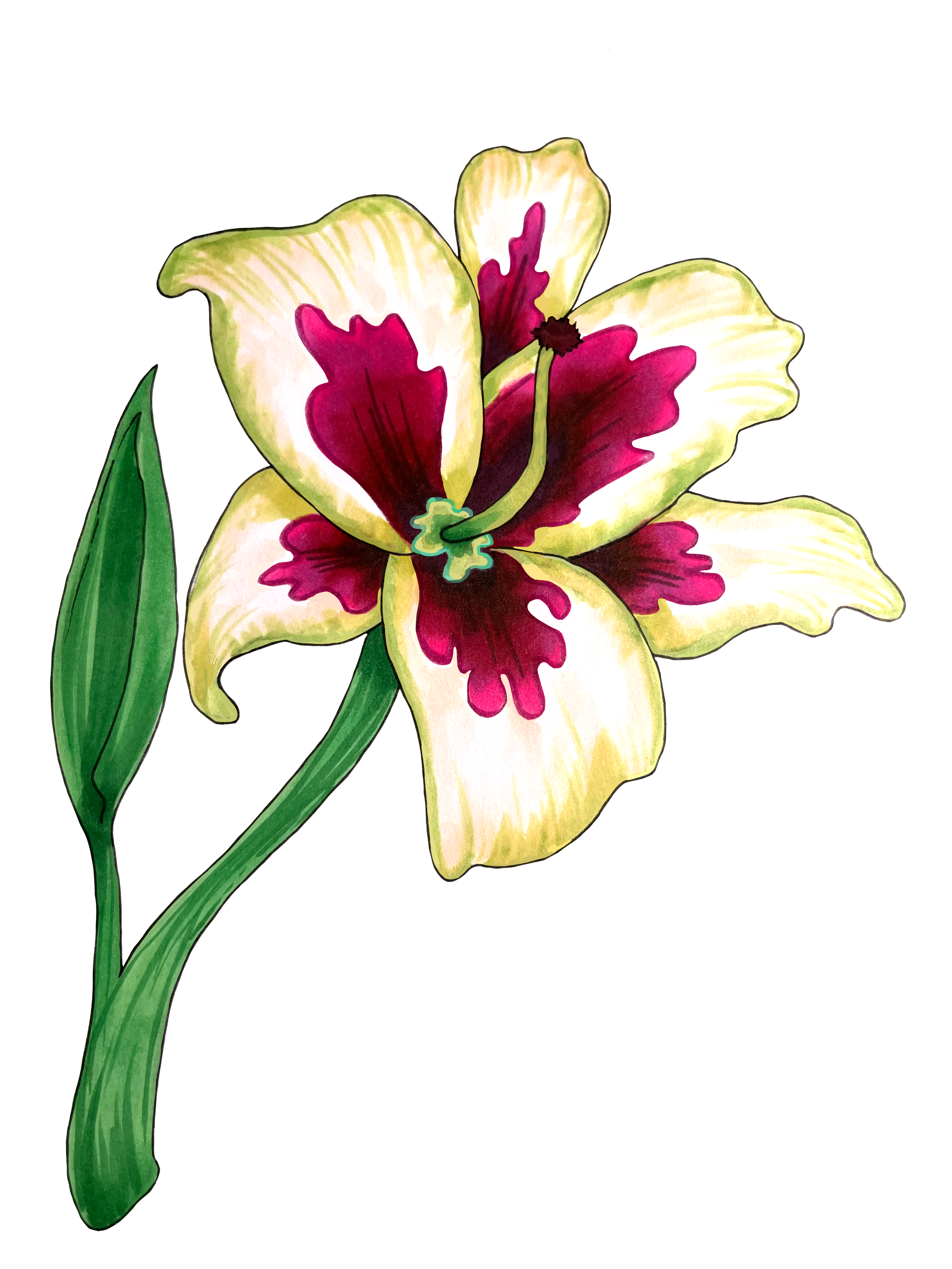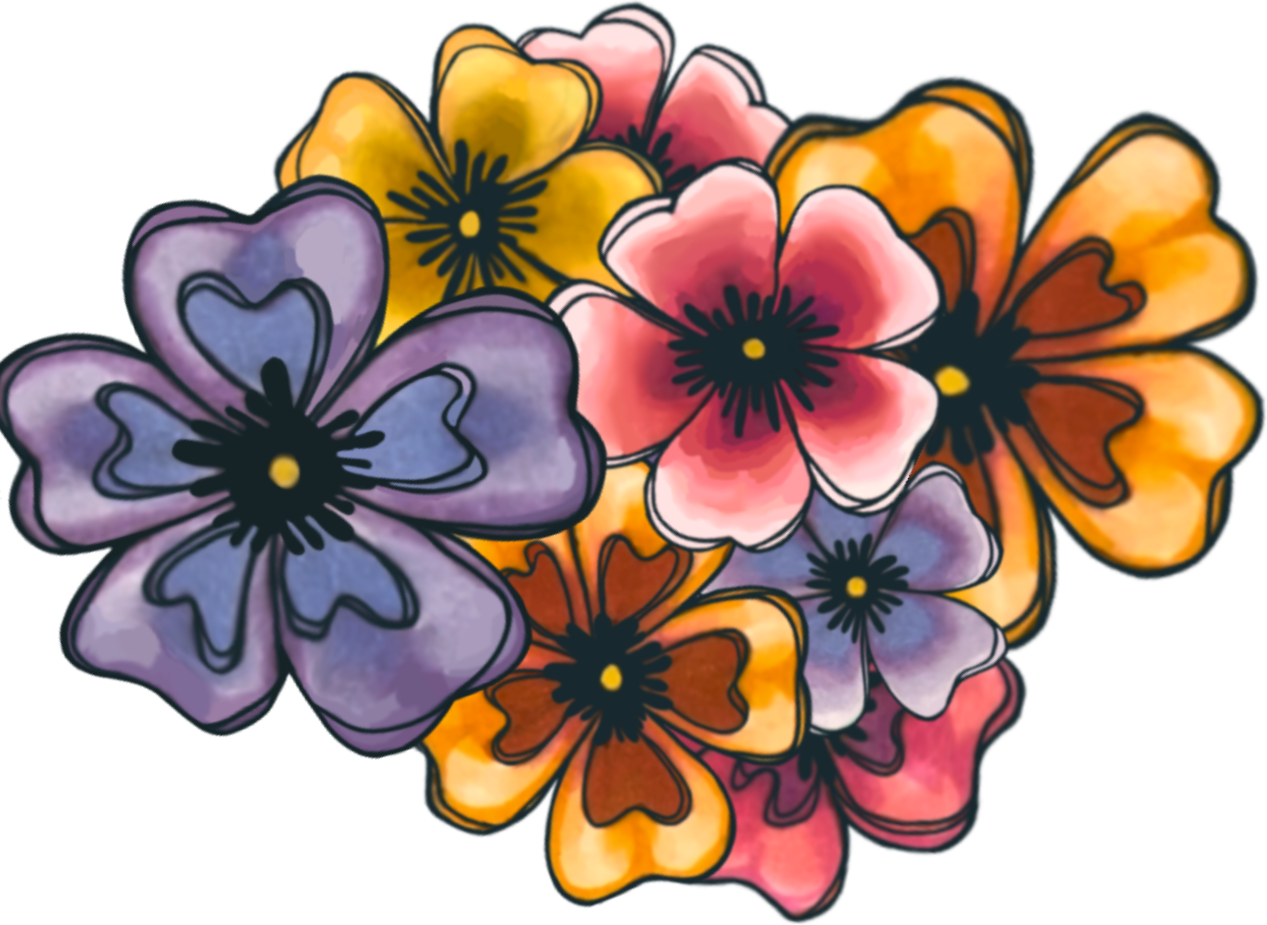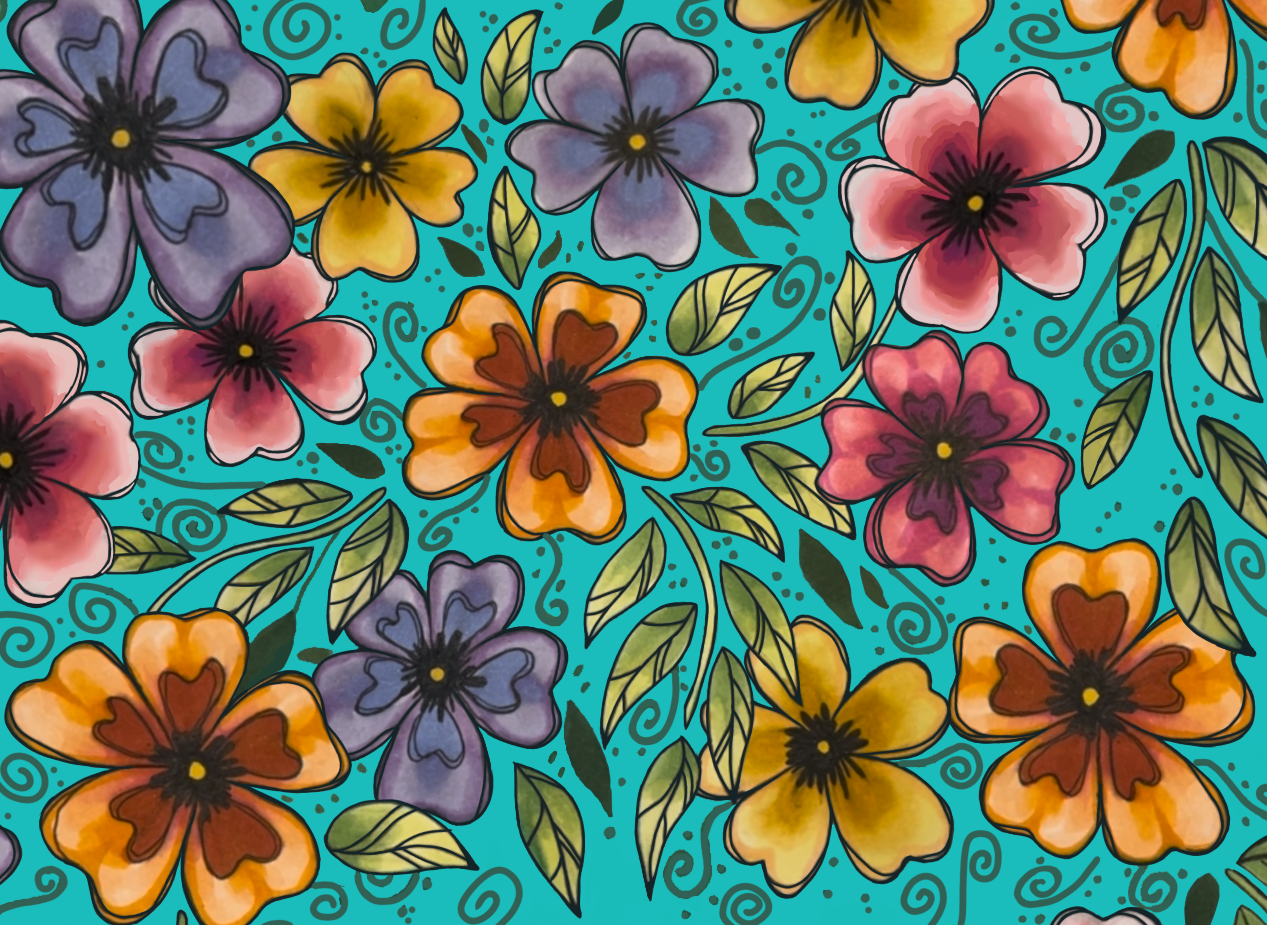
Everyone Has A Story
It’s Time To Share Yours
Your Story Is Powerful
Your story is like sunlight in our greenhouse—it nurtures hope, understanding, and connection. By sharing your real experiences—the highs, the lows, and everything in between—you remind others they’re not alone, their struggles are valid, and growth is always possible. Each story inspires the next, breaking stigma and helping our greenhouse grow brighter, stronger, and richer with support.
Your Story Is Unique
No one else has a story quite like yours—it’s shaped by experiences and challenges only you have faced. Whether your journey has been one of triumph, struggle, or anything in between, your voice matters. Each story adds something special to our collective garden, deepening our understanding of mental health and the challenges teens face. Together, we create a space where every unique experience helps our greenhouse flourish.
How To Plant Your Story
Story Guidelines & Suggestions
Story Rules:
Prepared by youth
On any relevant, personal experience
Told through any medium—written word, video, song, etc—such that it produces a powerful, helpful experience for the audience (Authors have creative freedom).
Time-conscious
It is recommended that written stories should be about one to two pages (~650 words), and visual or auditory media should be about five to seven minutes.
Strictly avoid “romanticizing mental health”
Focused on growth, hope, and recovery
No spiraling down to negative talk like “I’m not going to get better”.
If desired, stories can remain anonymous
Reviewed by a pool of student editors
Helpful Tips (Optional) :
Start a story strong with something that grabs the reader’s or listener’s attention. For example: “She’s a ‘mean girl,’ a bully. She’s vicious and unrelenting, like a python …”
Example of story outline:
Background
How have you struggled/what have you felt?
What have you struggled with? Did it impact others?
What has been the biggest challenge?
What stopped you from getting help?
Resolution
What did you do to improve your situation? How did you discover what to do?
Who/what were the people and resources that helped you? (therapists, medication, friends, family, coping techniques, etc.)
How long did it take? Is it ongoing?
Post-Resolution
How are you doing now?
Is your resolution method sustainable?
Resources
Successful strategies—what helped?
may include specific resources for what you struggled with.
